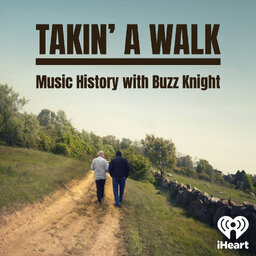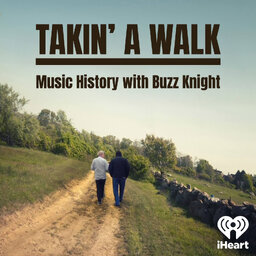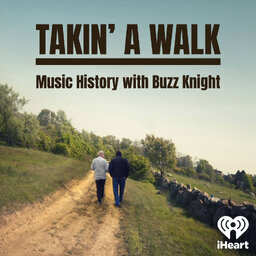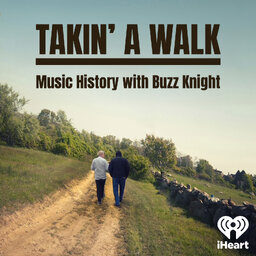Classic Replay with Mike Campbell from The Heartbreakers-Best Music Podcast
Join @thebuzzknight for one of our most popular episodes on this Classic Replay with Mike Campbell of Tom Petty and The Heartbreakers fame. Mike is also the founder of The Dirty Knobs, and he shares the inside stories behind the making of his newest music along with classic stories of his work with Petty.
If you have questions about this episode, write Buzz@Buzzknightmedia.com.
Connect with Buzz on Twitter @TheBuzzKnight and Instagram @takinawalkpodcast.
Like this show? Share with your friends and leave us a review here. Review
#bestmusicinterviewpodcast #mikecampbellpodcastinterview
In 1 playlist(s)
Takin' A Walk - Music History with Buzz Knight
On the Takin’ A Walk-Music History Podcast, Buzz Knight goes deep with American music’s most iconic …Social links
Follow podcast
Recent clips

Join Buzz Knight and Gina Gershon as They Explore Music, Family Bonds, and Creative Journeys on Takin' a Walk
33:46

"Takin A Walk Encore : Daryl Hall-The Voice That Defined An Era"-Inspiring Icon Interview
28:30

Buzz Knight and Harold Bronson: A Walk Through Rock Music History,the Legacy of Rhino Records and Mogan David and his Winos
31:03
 Takin' A Walk - Music History with Buzz Knight
Takin' A Walk - Music History with Buzz Knight